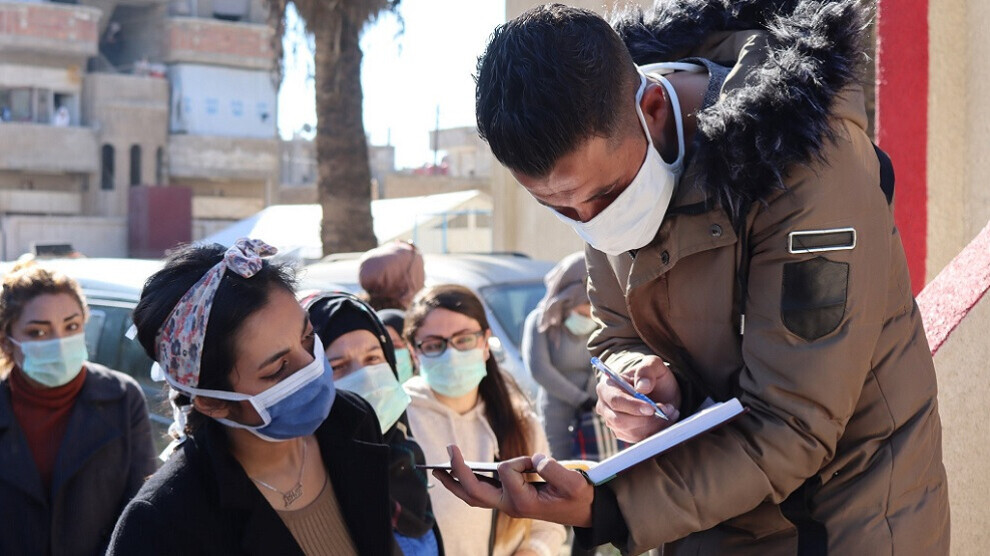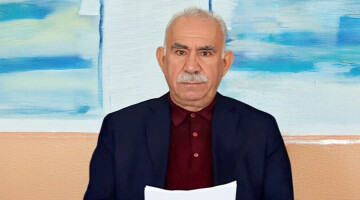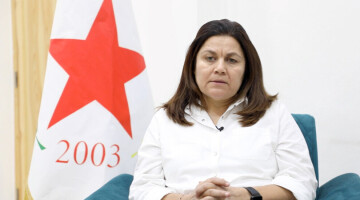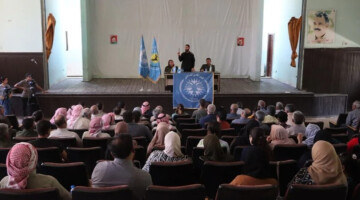The vaccination campaign against the corona pandemic in the autonomous region of northern and eastern Syria could begin in March, according to Dr. Michael Wilk who spoke after consulting with the Kurdish Red Crescent (Heyva Sor A Kurd) in Rojava.
Heyva Sor says the World Health Organization (WHO) plans to start delivering the vaccine in Syria after March. Part of the vaccine is also expected to come to northeast Syria. It is not yet clear which vaccine will be used, and it is not yet clear how many people could actually be vaccinated.
So far, 284 people infected with coronavirus have died in northeast Syria. A total of 8,340 positive cases have been detected since the outbreak of the pandemic. The number of unreported cases is likely to be higher because there are only a few test options.
Wiesbaden’s emergency doctor and psychotherapist Michael Wilk has been supporting humanitarian projects in Rojava since 2014 and works closely with Heyva Sor. During the Turkish invasion of northern Syria in October 2019, he worked as an emergency doctor at the Til Temir hospital, caring for the wounded.
Against the background of reports on medical and humanitarian aid in the context of Covid-19 in the embattled Syrian region of Idlib, Wilk asked the German Development Ministry last April to what extent the German government was planning to support the autonomous administration-run areas in northern and eastern Syria to help with the prevention of the pandemic. In his letter to the ministry, Wilk had offered to establish contacts with the health authorities in Rojava and the Kurdish Red Crescent, and outlined the excellent work of the organization and described the precarious situation, especially in the camps established for refugees leaving after the Turkish invasion. The federal government said it would fund the salaries of 850 medical and nursing professionals in Idlib. The autonomous administration areas in northern eastern Syria were not mentioned at all. Michael Wilk is planning another trip to Rojava in April.















